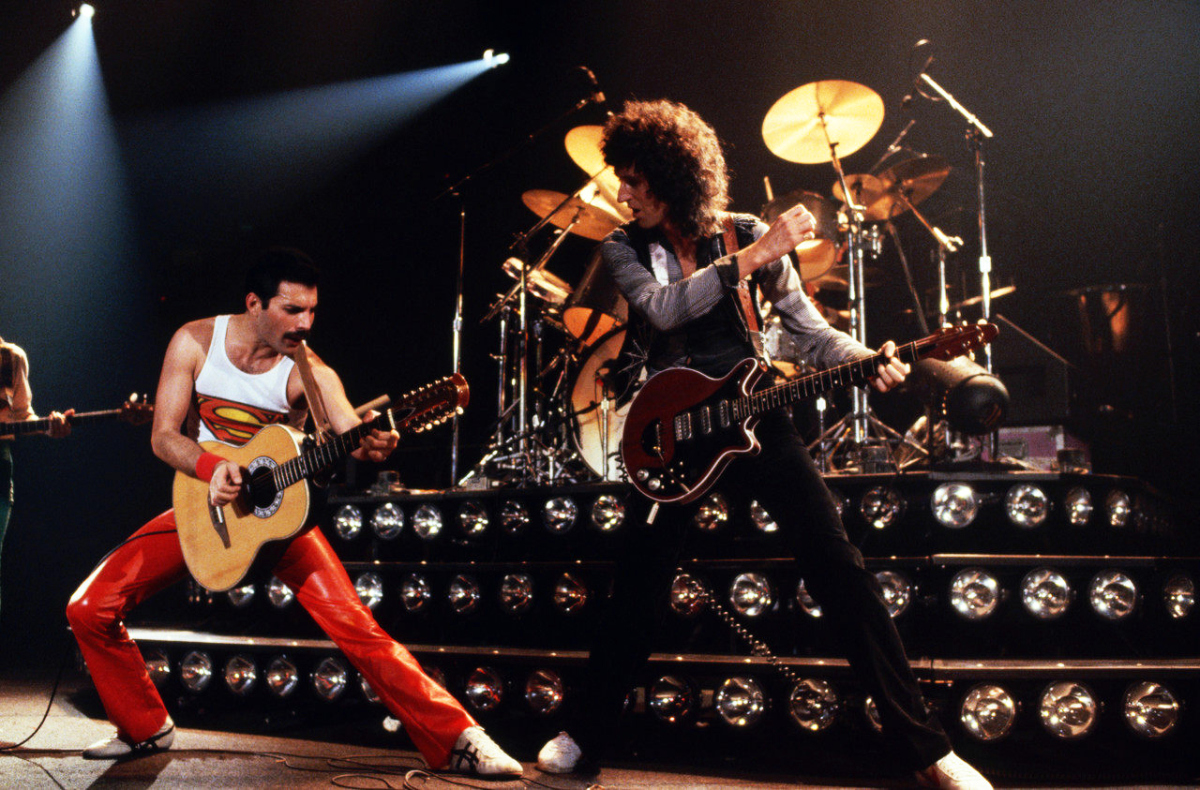The Iliad of Homer one of the first and one of the best War Stories of Western Literature. It opens with "The Anger of Achilles" and ends with funeral of Hector, the great hero of Troy. Hector was killed by Achilles in the last of many fight scenes.
In this reading, I was struck by how much the combatants "talk smack" to each other. They insult and provoke each other like professional wrestlers before cutting each other to pieces with sword and spear. Hundreds and hundreds of men die in this story, many of them falling to the ground and "biting the earth" as they writhe and gasp on the way to Death and Hades.
The meaning of "biting the dust" is just the same for us as when Homer sang his poem 3,000 years ago: fall headlong in the dust, and bite the earth [πολέες δ᾽ ἀμφ᾽ αὐτὸν ἑταῖροι//πρηνέες ἐν κονίῃσιν ὀδὰξ λαζοίατο γαῖαν].
Dozens of times as I read "he fell headlong in the dust and bites the earth" I heard the refrain from "Another One Bites the Dust" by Queen.
With spears, swords, arrows and not a few big rocks, the combatants smash skulls, tear out eyes, rip open bellies, tear flesh and break bones. The poem glorifies combat and bravery. There is no doubt Homer's audience thought that to die bravely in combat was the best death.
The war that leads to so many deaths of brave men, the 10-years war between the Greeks and Trojans, was unnecessary. It was the wounded pride of King Agamemnon of the Greeks that started the war. In the Iliad, "...the face that launch'd a thousand ships" was the bearded face of King Agamemnon, not the lovely face of Helen of Troy. Christopher Marlowe's play Dr. Faustus in 1604 is the first reference to Helen causing the war and the source of the quote in the line above.
The song "If" by Bread in 1971 made the Marlowe's view part of pop culture and echoed in my head as I read Iliad.
Of course, it was her kidnap/elopement by Paris that was given as a reason to fight, but Helen, as all women of the time, was property. Thousands of men in a thousand ships went to war following a proud and angry king.
The Trojan War is tragedy and loss even in victory. Agamemnon is betrayed and killed when he returns home. Achilles dies in Troy. Ulysses wanders another ten years before his return. That story is the "Odyssey."
I last read Iliad in the 90s and at the time liked he Odyssey better. Now that I have served in an ill-conceived unnecessary war myself, I like Iliad better. All those brave deaths, all that "biting the earth" for no reason in a losing cause is now part of my life.





No comments:
Post a Comment